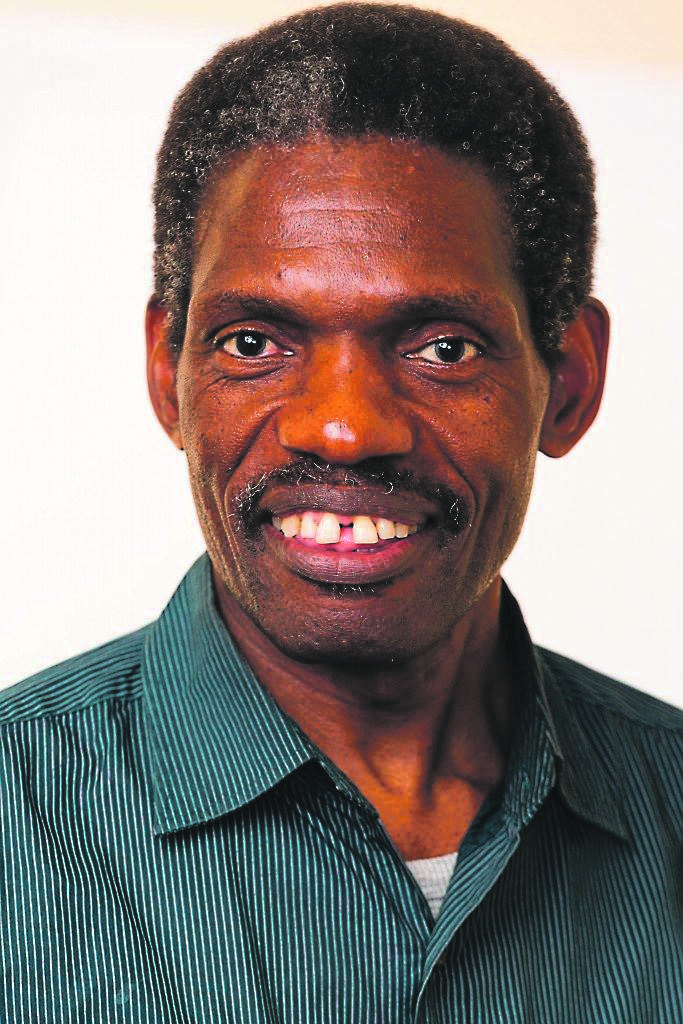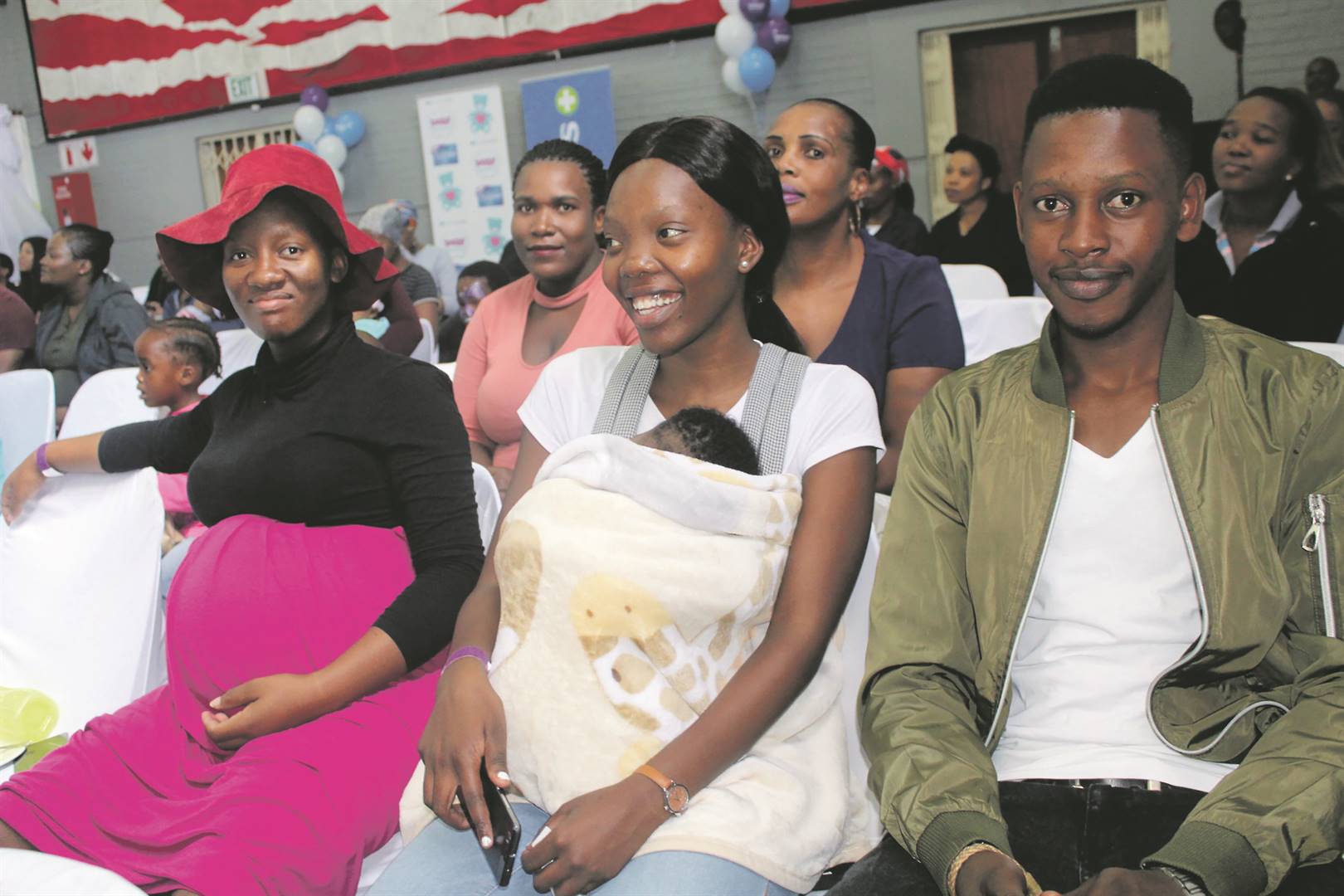
South Africa marks its 25th year as a fledgling democratic nation with a myriad of heralded successes along with some deep-rooted challenges.
The gains and losses can be evidenced throughout its socioeconomic, cultural and political tapestry.
The inadequacies in the full and equitable realisation of the right to health for all, as an example, are a microcosm of the broader inequities that prevail.
Equal access to sexual and reproductive health (SRH) services, especially among women and young people living in remote or rural areas, stands out as a case in point.
The lack of access to adequate and quality information, services and commodities in those rural communities has adversely impacted on their lives, as compared to their counterparts in more affluent communities.
The rate of teenage pregnancies in the urban areas, for instance, is relatively lower and in stark contrast to that of less affluent communities.
Too many women and girls in under-served areas are vulnerable to ill health as they lack access to timely and basic SRH services.
These services include comprehensive sexuality education; family planning and contraception; antenatal, safe delivery and post-natal care; prevention of sexually transmitted infections (including HIV); and safe termination of pregnancy.
The Stop Stockouts Project’s (SSP’s) 4th National Survey, of 2017, found that most women in South Africa cannot afford to purchase contraceptives from private pharmacies and depend on public health facilities.
Hence, reports of contraceptive shortages are alarming. A national shortage of the bimonthly injectable contraceptive, Nur-Isterate, has entered its second year.
According to the health journalism portal, Bhekisisa Centre for Health Journalism, it first received reports about contraceptive shortages in January 2018.
The national department of health only alerted clinics about stockouts in April 2018.
Notably, SSP has found oral contraception is now back on clinic shelves. But health facilities in at least five provinces – Gauteng, Free State, KwaZulu-Natal, North West and Mpumalanga – are still out of the popular birth control shot.
According to SSP, the interrupted supply and, in some cases, the complete lack of access to contraceptives – coupled with limited access to safe termination of pregnancy services in many parts of the country – elevated the risk of unwanted pregnancies, especially among teenagers in poor communities, and undermined the reproductive and health rights of women.
Pointedly, other challenges include the burdensome issue of community stigma and judgmental attitudes of healthcare providers.
The country needs collective and decisive action to change this narrative.
The department must provide leadership in improving infrastructure and service delivery, including the protection and promotion of women’s health and rights.
They must ensure that an adequate number of trained healthcare providers are always available in both public and private health facilities.
Provincial departments of health and academic institutions are also mandated to oversee and provide training to healthcare workers where needed.
They should further ensure universal access to non-judgmental, stigma-free and youth-friendly SRH services, including safe abortion, and the right to confidentiality and privacy.
The department must, without delay, intervene and ensure the uninterrupted and sustained availability of contraceptives and other critical SRH commodities in health facilities.
Also, it is necessary to include the South African Health Products Regulatory Authority to approve any applications that would facilitate the availability of additional quality-assured contraceptive supplies in the country.
It is also within the ambit of the provincial departments of health to ensure that health facilities offer all contraceptive options, as prescribed by the department guidelines, including intrauterine devices and implants.
At a broader level, steps must be taken to remove barriers that prevent women from exercising their reproductive rights.
SRH services need to be integrated into the greater spectrum of the maternal health agenda in the country, across all sectors.
The primary healthcare system must be strengthened to provide access to rural communities in a more cost-effective manner.
The National Health Insurance aims to tackle the stark divide in health care between rich and poor.
Thus, we hope this will translate to women in all parts of South Africa having equitable access to quality SRH services.
Mhlanga is a specialist of obstetrics and gynaecology at the department of health in Mpumalanga




 Publications
Publications
 Partners
Partners









